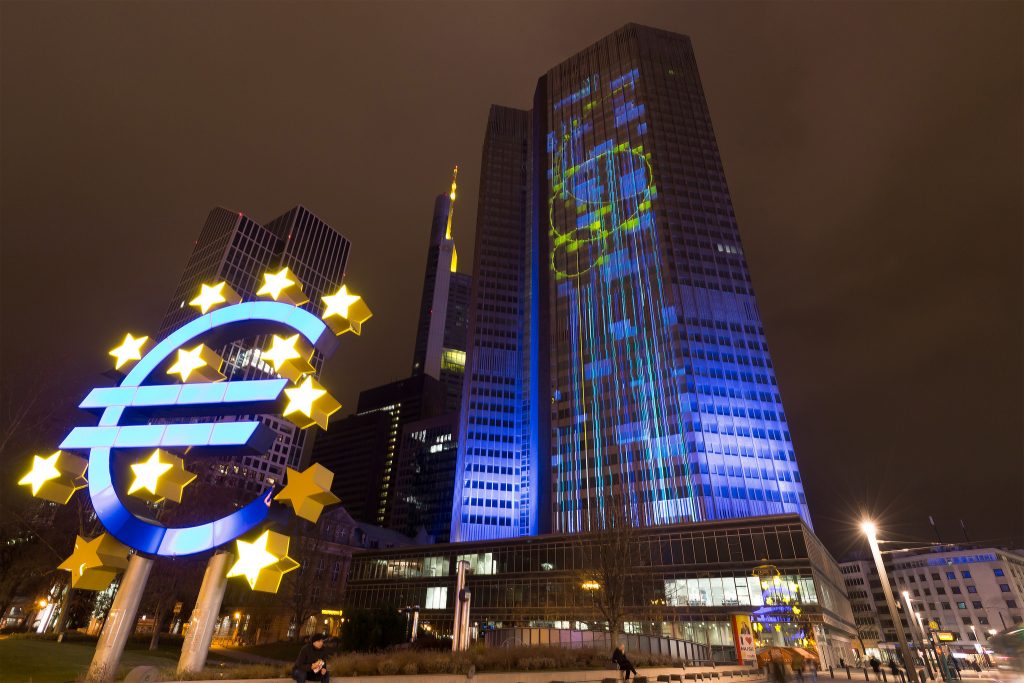Draghi, the President of Europe's central bank (the ones that print the money and control the interest rate, among other things), seems to feel Europe's on the up – so he's stopped pumping money into it.
What it means: Trying to learn how to say 'quantitative easing' is like learning how many 'na's there are in banana before it's time to stop all over again.
'Quantittatitative easing', or 'quantitative easing', is the policy whereby central banks buy up what are essentially like shares in a government, called 'bonds', from banks. If banks have more $$, they can lower interest rates (because they're already getting enough from the bond sales). That makes it cheaper to borrow money, and the hope is people will end up spending more (because money is 'cheaper' as a result of all this).
The UK, US, and EU all did it after the crash, but it was all very controversial and the UK and US have already stopped the policy. The ECB has just followed suit yesterday – until now, they've been buying €30bn worth of bonds from banks per month; they're lowering it to €15bn and phasing it out by the end of the year.
Some people think it's a bad idea given the EU's not really sure who its friends are at the moment and an anti-EU party just got elected in Italiy. But Draghi, who runs the show, seems to think things are stable, so he's ready to stop adding that extra money into the system.

